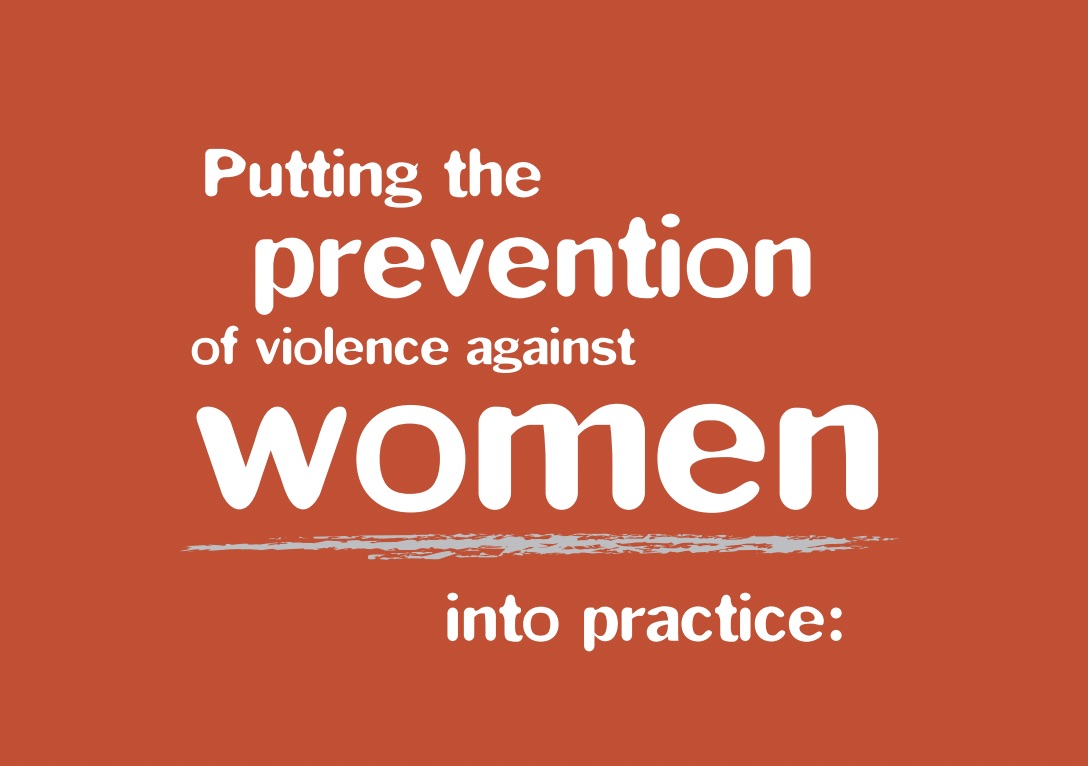Prevalence of and Factors Associated with Non-Partner Rape Perpetration Journal Article
Dr Emma Fulu co-authored the research paper Prevalence of and factors associated with non-partner rape perpetration: findings from the UN Multi-country Cross-sectional Study on Men and Violence in Asia and the Pacific, which presents evidence from nine sites across six countries: Bangladesh, China, Cambodia, Indonesia, Papua New Guinea, and Sri Lanka. The study surveyed 10,178 men aged 18–49 years, using multistage representative household sampling and self-completed questions on rape perpetration.
It examined single- and multiple-perpetrator rape of women, as well as male-on-male rape, alongside associated factors including childhood victimisation, poverty, low empathy, alcohol misuse, harmful masculinities, and involvement in gangs. The findings show that non-partner rape is alarmingly prevalent, with single-perpetrator rape ranging from 2.5% in rural Bangladesh to 26.6% in Bougainville, Papua New Guinea, and multiple-perpetrator rape ranging from 1.4% to 14.1% across sites. More than half of perpetrators committed their first rape as teenagers. Commonly cited motivations included sexual entitlement, seeking entertainment, and as a form of punishment.
The study highlights a striking gap in accountability, with fewer than one-quarter of perpetrators having ever been imprisoned. The research underscores the urgent need for evidence-based prevention strategies that address childhood and adolescent experiences, gender socialisation, power inequalities, and poverty, tailored to the context-specific drivers of violence in the Asia-Pacific region.

